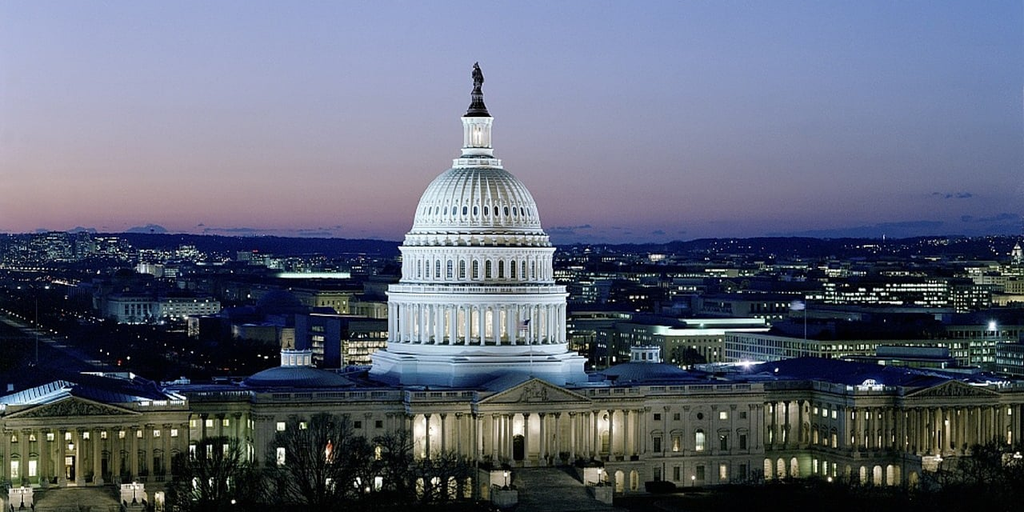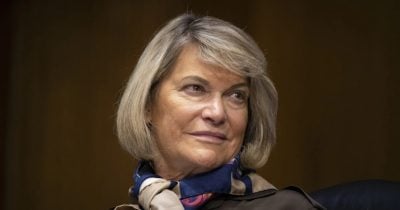Donald Trump has secured a historic political comeback, reclaiming the presidency after defeating Vice President Kamala Harris in a contentious and closely watched election. With more than 270 electoral votes, Trump’s victory signals a significant shift in U.S. policy direction—especially for the cryptocurrency industry, which has been the target of regulatory scrutiny under the Biden administration.
Bitcoin Hits $76,000Bitcoin has been on a tear Wednesday, as the market roars its approval of the first openly crypto-friendly administration in the United States. As Cobie stated on X, “The investment thesis is becoming clear to many around the globe: the coin is orange and so is the president.”
Source: Brave New Coin Bitcoin Liquid Index
Meanwhile, Blackrock’s Bitcoin ETF saw a record volume of $1 billion today in the first 20 minutes. We expect monster flows when the data is released at end of day.
Source: X
And Bitcoin has now passed Meta to become the world’s 9th largest asset by market cap.
Source: X
Crypto at the Forefront: A Surprising PivotWhile not a central issue in the broader election, cryptocurrency emerged as a notable topic in Trump’s campaign. His unorthodox approach to courting the crypto community included appearances at industry events, such as the Bitcoin Nashville conference, and even impromptu stops at crypto-themed bars where he handed out burgers.
Trump’s message was clear: “Bitcoin isn’t just about technology; it’s about freedom and American innovation,” he told attendees at one rally. “We’re going to make sure the U.S. is the global leader in crypto, and we’re going to do it the right way.”
In contrast, Kamala Harris offered only vague statements of support for technological innovation without delving deeply into crypto policy. This hands-off approach may have cost her the support of a burgeoning voter base passionate about decentralization and financial freedom.
Firing Gary Gensler: A Day-One PromiseOne of Trump’s boldest promises is to fire Securities and Exchange Commission (SEC) Chair Gary Gensler, whom he accused of leading an “anti-crypto crusade.” Gensler’s tenure has been marked by aggressive enforcement actions against major players like Coinbase, Binance, and Ripple, labeling many cryptocurrencies as unregistered securities.
“Gensler has overstepped his bounds,” Trump said during a campaign stop in Ohio. “On day one, he’s out. We’re going to put someone in who understands that innovation doesn’t come from crushing small businesses and startups.”
Legal experts, however, point out that removing Gensler might not be straightforward. SEC chairs typically serve fixed terms, and early removal could require proving misconduct. “It will be a legal battle,” says Joseph Hall, a former SEC official. “But if anyone’s willing to fight that battle, it’s Trump.”
Crypto will be pleased to say, “See-ya to Gensler.”
Strategic Bitcoin Reserve: A Bold Economic VisionTrump has also proposed creating a “strategic Bitcoin reserve,” a move he claims will strengthen America’s financial position. The idea involves law enforcement agencies holding onto seized Bitcoin rather than auctioning it off, as has been customary.
“This is about ensuring the U.S. has a stake in the future of global finance,” Trump said. “Bitcoin is a valuable asset, and selling it off for short-term gains is a mistake.”
The concept isn’t entirely new. Wyoming Senator Cynthia Lummis, a prominent crypto advocate, introduced a similar bill earlier this year, though it has yet to gain traction in Congress. But now, it might!
There may be three months until the U.S. government begins accumulating bitcoin as a strategic reserve asset.
If the Lummis plan is followed, The U.S. will buy 550 BTC/day for 5 years, and hold all of it for a minimum of 20 years.
An infinite balance sheet pouring into absolute and immutable scarcity. Literally ∞/21M
Source: X
Bitcoin Mining: “Made in the USA”Trump’s campaign also emphasized the importance of keeping Bitcoin mining operations within U.S. borders. He argued that domestic mining would not only bolster the economy but also enhance national security by reducing reliance on foreign miners, particularly those in China.
“American Bitcoin should be mined by American workers,” Trump declared. “We’ve got the energy, the technology, and the know-how to make this happen.”
However, environmental concerns loom large. Bitcoin mining has been criticized for its substantial energy consumption, with detractors warning of its environmental impact. Trump dismissed these concerns, suggesting that the U.S. could lead the way in developing sustainable mining practices.
Industry leaders see potential in this vision. “A supportive administration could supercharge the growth of green Bitcoin mining,” says Mike Colyer, CEO of Foundry, a leading Bitcoin mining company. “With the right policies, we can achieve both economic growth and environmental responsibility.”
Ross Ulbricht: Free Ross!In a move that has sparked both praise and controversy, Trump has pledged to commute the sentence of Ross Ulbricht, the founder of the Silk Road darknet marketplace. Ulbricht is serving a double life sentence without parole for his role in facilitating illegal transactions.
“Ross’s sentence is a travesty of justice,” Trump said during a rally. “We’re going to right that wrong.”
Supporters, including many in the crypto community, argue that Ulbricht’s punishment is disproportionately harsh. Lyn Ulbricht, Ross’s mother and a vocal advocate for his release, welcomed Trump’s pledge. “This could finally bring justice to Ross,” she said.
No to CBDCs: A Stand for PrivacyTrump has taken a firm stance against the introduction of a central bank digital currency (CBDC), which he views as a tool for government overreach. “We don’t want a digital dollar controlled by bureaucrats,” he said. “We want freedom, not surveillance.”
The debate over CBDCs is divisive. Proponents argue that a digital dollar could modernize the financial system and increase efficiency, while opponents warn of potential privacy violations and government control.
“This is a line in the sand,” says crypto analyst Nic Carter. “Trump’s opposition to CBDCs could galvanize the crypto community and set the U.S. apart from countries like China, which are already rolling out their own digital currencies.”



















